#blue beard
Text
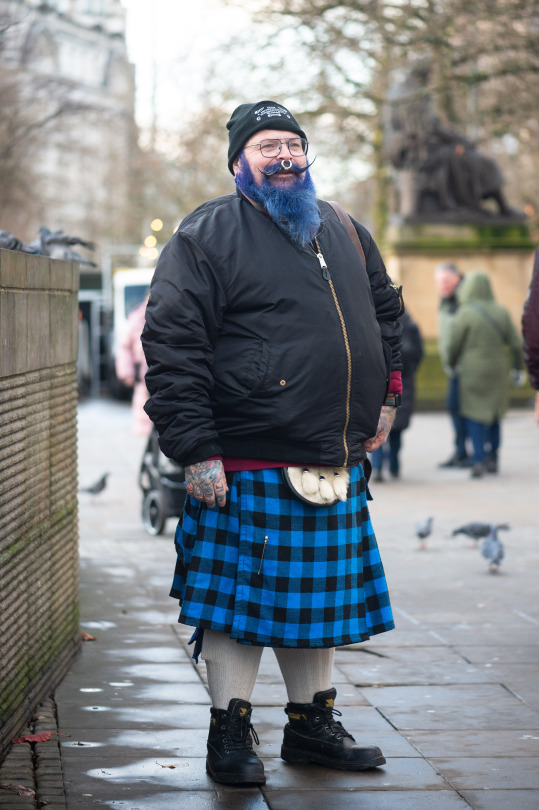
Piccadilly Gardens, Manchester.
#The Chanel Fringe#kilt#blue kilt#blue beard#bluebeard#nose ring#tattoos#twiddly#moustache#ouija hat#cat fingers#cat finger tattoos#skulls#Manchester#Mancorialist#bomber jacket#wiwt#ootd#street style#winter style
363 notes
·
View notes
Photo

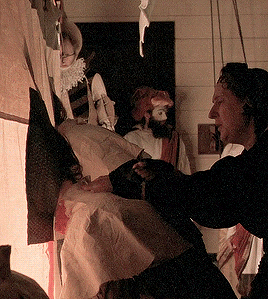
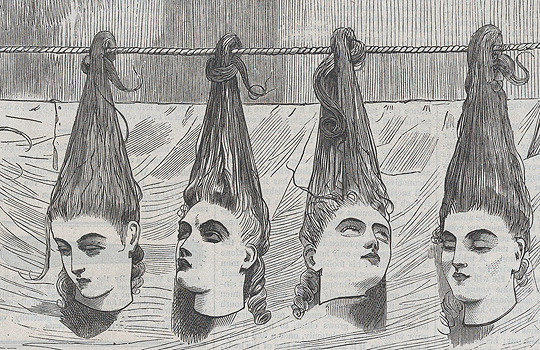
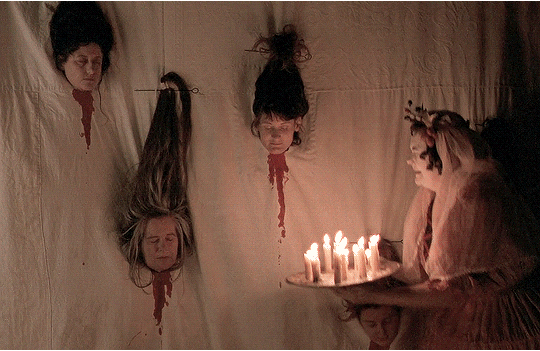

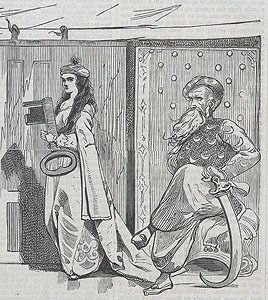
Blue Beard Tableau: Fatima Enters the Forbidden Court; What She Sees There, Harper's Bazar, September 5, 1868
The Piano, 1993, directed by Jane Campion
2K notes
·
View notes
Text
Fairytales in French cinema
Pictures from 2009's "Barbe Bleue", a Catherine Breillat Bluebeard adaptation, first of the series of Arte-Flach fairytale collaborations.
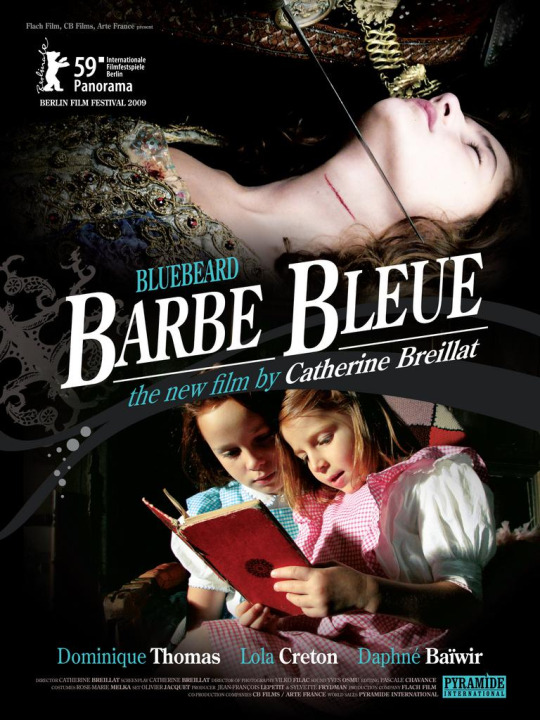

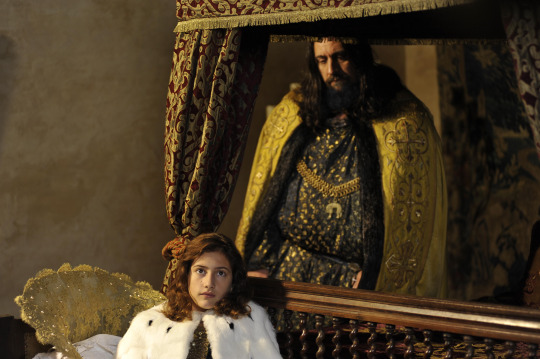
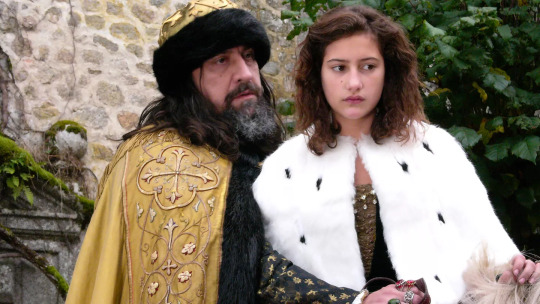
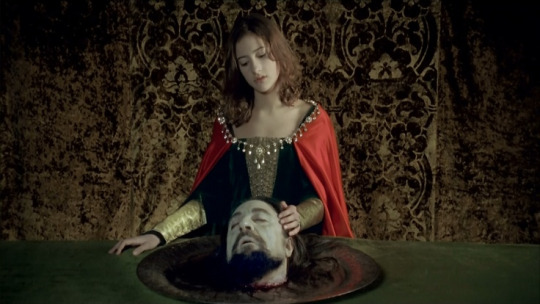
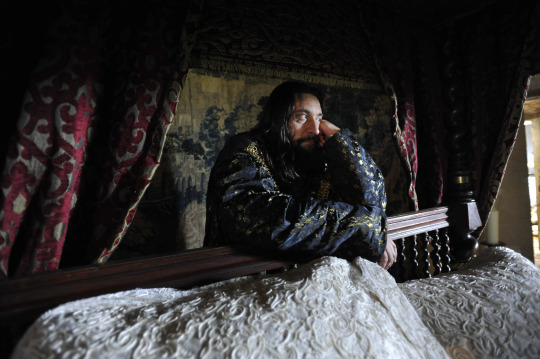
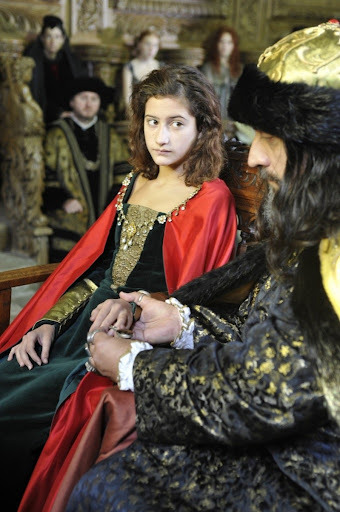
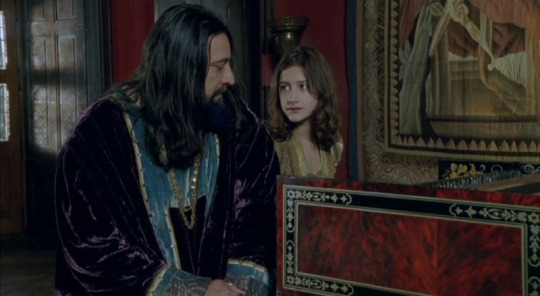
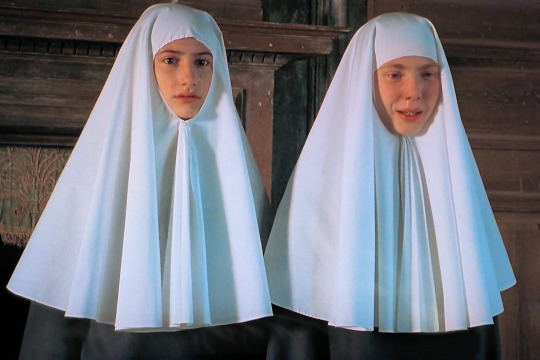

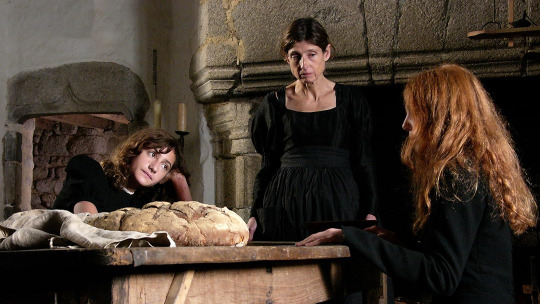
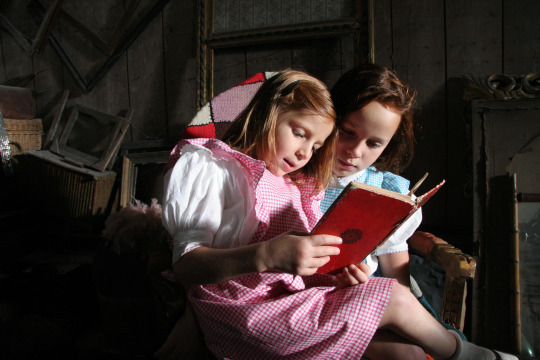


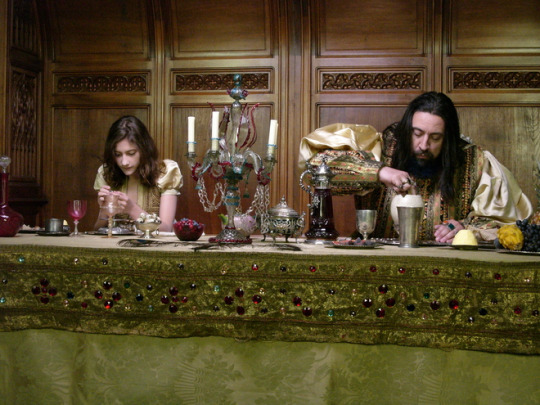
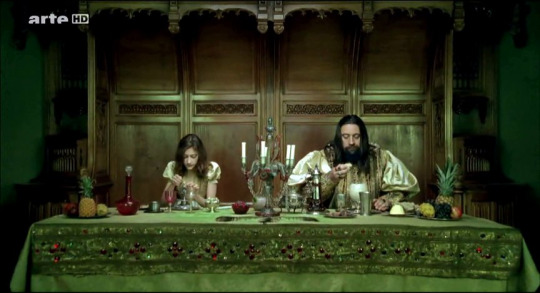



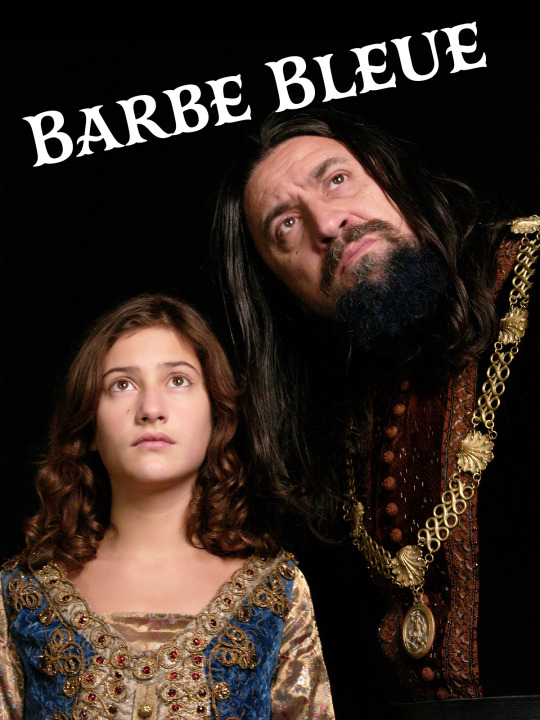
18 notes
·
View notes
Text
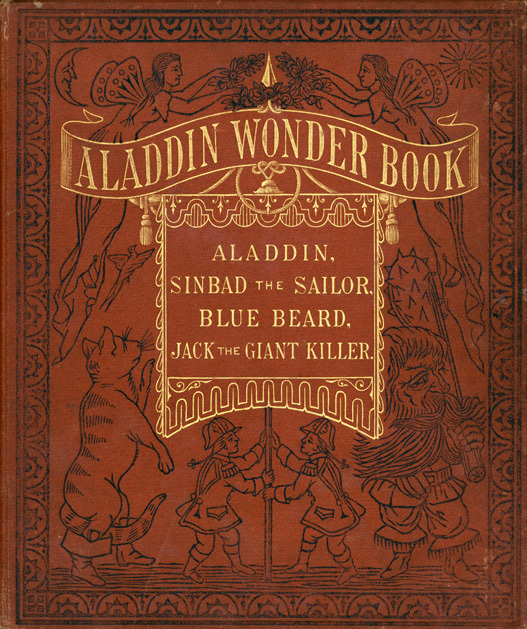
ALADDIN WONDER BOOK (Cincinnati: Thomson, 1881)
Contains Aladdin, or the Wonder Lamp; Sinbad the Sailor; Blue Beard; Jack the Giant Killer with 28 color illustrations


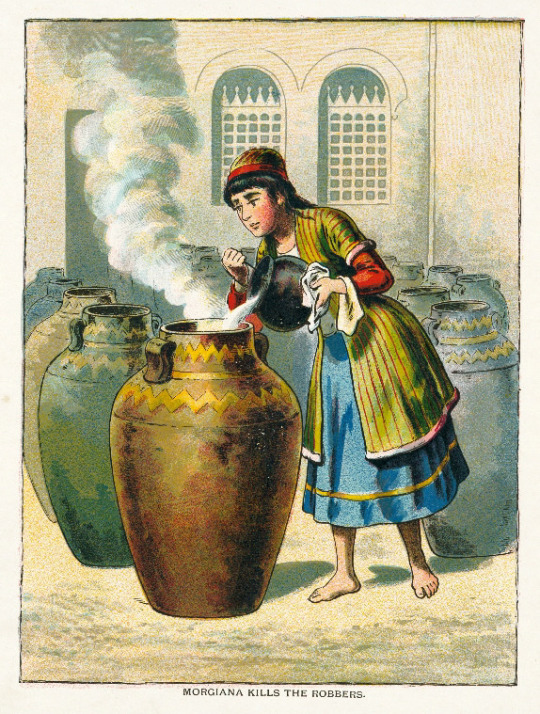
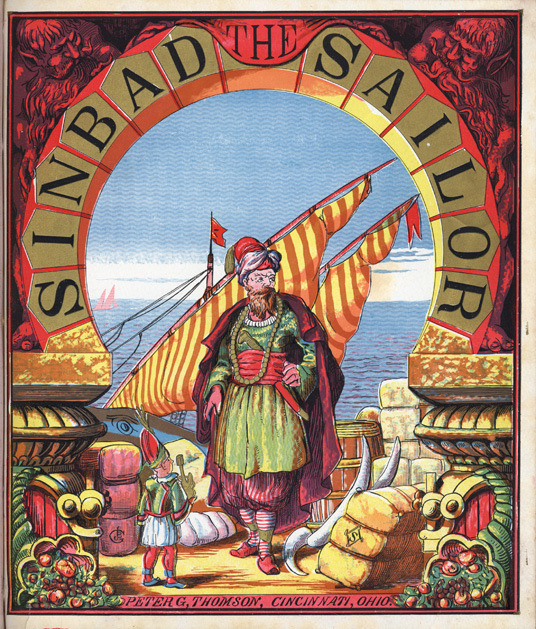




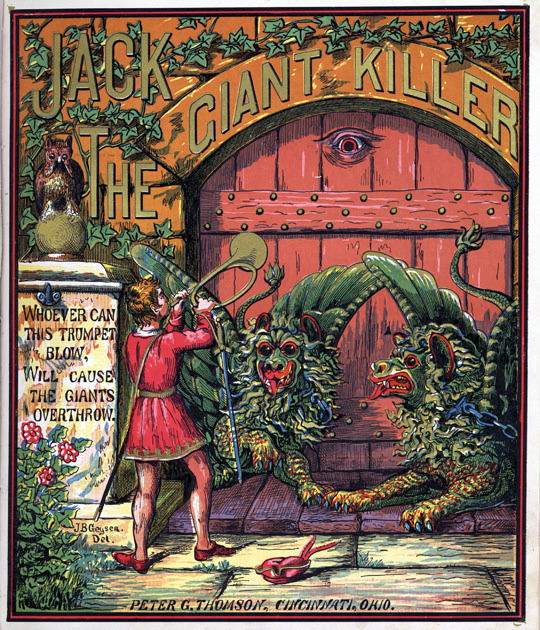
source
#beautiful books#book blog#books books books#book cover#books#vintage books#illustrated book#victorian era#children’s book#aladdin#ali baba#blue beard#jack the giant killer#book design#book lover#bibliomania#bibliophile
32 notes
·
View notes
Text
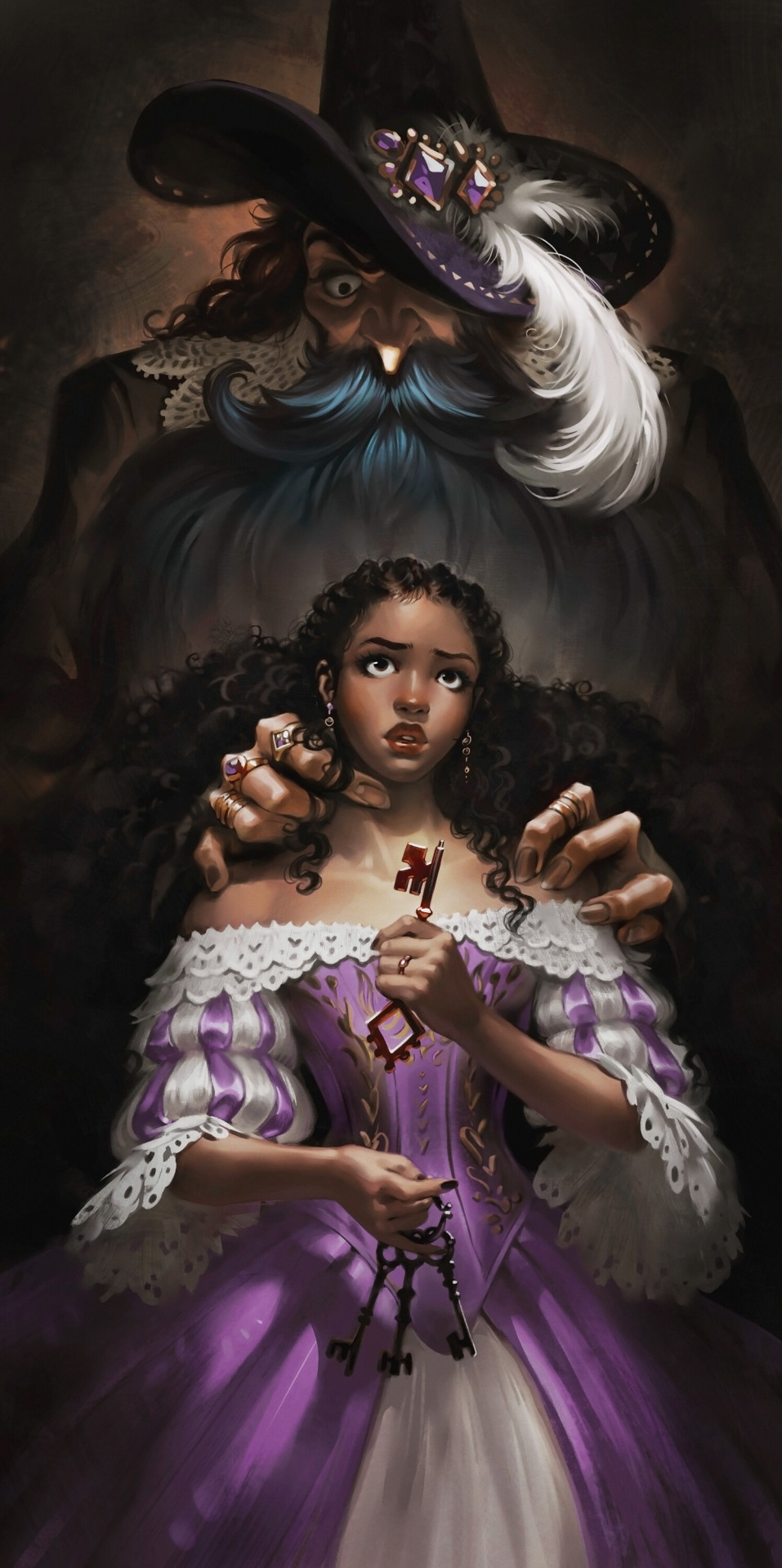
Art by Mari Morgan
#art#mari morgan#barbebleue#barbe bleue#blue beard#barbe-bleue#barba azul#blue-beard#barba-azul#barbaazul
46 notes
·
View notes
Text
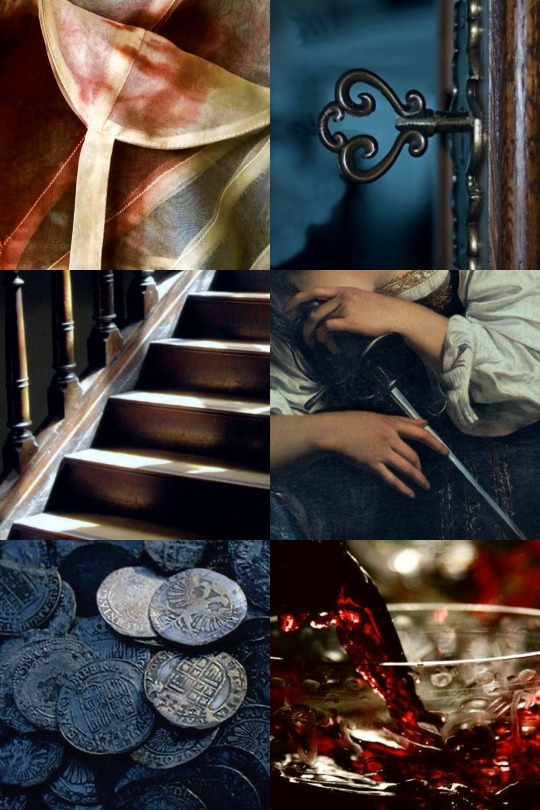
"The Story of Blue Beard", by Charles Perrault.
"Neither of them would have him; and they sent him from one to the other, not being able to make up their minds to marry a man who had a blue beard. What increased their distaste to him was, that he had several wives already, and nobody knew what had become of them.", from The Story of Blue Beard.
"At first she could discern nothing, the windows being closed; after a short time she began to perceive that the floor was all covered with clotted blood, in which were reflected the dead bodies of several women suspended against the walls. These were all the wives of Blue Beard, who had cut their throats one after the other. She was ready to die with fright, and the key of the closet, which she had withdrawn from the lock, fell from her hand.", from The Story of Blue Beard.
8 notes
·
View notes
Text

Blue Beard, Red Rose (3.4k, complete)
"And here are the keys to all the rooms in my castle, which you may explore at your leisure — save the great parlor, which you are never to enter."
Rosalind contemplated her new husband, then the heavy ring of keys he had laid in her hand.
"First is the key to my great store room," he continued, pointing to the first key on the iron ring. "And this key will open the chests within, piled high with all the silver and gold and jewels you could ever desire, and this one opens the money boxes, that you might have coin for anything you wish to buy."
She nodded as he counted through the keys: for gates and doors, for trunks and lockboxes, for bedchambers and apartments, for closets and cabinets — for every inch of the castle.
"And this is the key to the great parlor, but you must never unlock it — never even put the key into the lock — lest you incur my wrath."
Rosalind paused, once again contemplating her husband.
He should have been as rich in brides as he was in gold, if not for the feature that had come to define him: the blue beard that sprouted from his chin.
It was not blue the way that old age often fades black into blue, for that was common enough among men of his age, but rather the blue of an evening sky, of a deep lake, of a polished sapphire.
This beard, it seemed, had rendered him so horrible and ugly to both noble lady and peasant girl alike that none would have him, not even when his proposal came with a mountain of gold.
It did not help matters that he had had six wives already, though no one knew what had become of them.
Rosalind did not mind the blue, for he had courted her with kindness, and that mountain of gold promised an escape from beneath her lord father's roof.
Besides, it seemed proper, that she marry a man with as many missing wives as she had failed suitors.
"Do you wish for the key back?" she asked, moving to open the iron ring so that she could slip the key free.
This time, it was Blue Beard that paused, his dark brow settling heavy over his eyes.
"No, you are my wife, and as such you are entitled to all the keys of my home," he answered at last. "But you must never use the key to the great parlor, for if you do, then there shall be dread consequences."
Rosalind simply nodded. "What about the grounds?"
Blue Beard frowned at her. "The grounds?"
She gestured towards the window. "The lawn, and the forest beyond. Are there any restrictions on exploring those?"
"No," he replied, puzzlement crinkling the skin around his eyes. "What interest do you have in the grounds?"
"I would like to have a garden," she said, looking towards the window before turning back towards him. "Like the one I tended at home. May I spend some of your coin on that?"
Blue Beard blinked. "It is our coin, for you are my wife, and what is mine is yours. You may have any plot of land you wish for a garden, and spend as much as you desire in its planting, so long as you do not—"
"I won't." Rosalind rubbed her finger over the little silver key to the great parlor. "But I should like to have a private garden, a space that is mine alone. Will that trouble you, husband, if I am to have a garden as secret as your parlor, that you are equally forbidden to enter?"
After considering her question for a long moment, Blue Beard acceded, for he could see no harm in his wife's request.
In the spring, she planted the hedges. Within that broad square, she planted her flowers: foxglove and forget-me-not, narcissus and nightshade, lilies and larkspur, and roses — red, red roses.
Blue Beard traveled that season, as he always did, and upon parting, he encouraged his young wife to host her friends and family while he was gone, to explore and enjoy the castle to its fullest extent, and to indulge in all the riches and luxury he had to offer — so long as she did not enter the forbidden parlor.
When he returned, there was no sign that any guests had crossed the castle's threshold, nor that his wife had crossed the parlor's threshold.
By summer, the hedges had grown tall and thick as walls, and Rosalind used her husband's hoard of coins to pay for the forging of a solid iron gate for her garden. It spanned the sole break in the hedges, transforming the garden into a stout green fortress.
Blue Beard traveled once more, this time imploring his young wife to bring company to their sprawling estate, to enjoy the castle's drawing rooms and library and galleries, to drape herself in silks and jewels — so long as she did not open the door to the great parlor.
When he returned, the castle was as empty as he had left it, and the parlor door as locked as it had always been, though he noted one small change: a golden key added to the iron ring, nestled next to the little silver one.
As autumn arrived, Rosalind was still occupied with her garden: weeding, trimming, planting, and any other task that allowed her to track dirt into the courtyard, or so it seemed to Blue Beard. He watched her with great interest as she locked and unlocked the garden gate, his mind frequently drawn to the golden key she had added to the iron ring.
Blue Beard traveled again, his last journey of the year, and once more offered his wife the full pleasure of their home: to entertain, if she so pleased; to redecorate, if she so chose; to burn to ashes, if she was so inclined — so long as she did not unlock the door to the great parlor.
When he returned, there was a dark smudge on the little silver key — but it was only mud, tromped in from Rosalind's garden.
A hard frost announced the coming winter, and the end of Blue Beard's travels.
He sat one night in front of the drawing room hearth, frowning as he watched the flames.
"Troubled, husband?" Rosalind asked as she looked up from her embroidery.
"I do not know what to do with a wife in winter," he admitted. "None of the others made it this far."
She lifted a single brow.
"They had all opened the great parlor by now."
"Ah," she said. "Well, I have no need of your parlor. I have my garden."
He rubbed a hand over his beard. "You do not have your garden now, for it is buried under the snow."
Rosalind stabbed her needle back into the cloth she had been embroidering. "I have you now, and you will not travel again until the snow has melted."
"Which begs the question: What does one do with a wife in winter?"
A sly look passed through her green eyes. "I can think of a few things, husband." She tugged on the red floss. "But for now, perhaps you can tell me why you travel so, and why I am so often without a husband."
Blue Beard studied his wife, for it seemed to him an odd question. None of his other wives had ever asked why he traveled; only two had survived to see him off a second time, and only Rosalind had witnessed a third departure.
But Rosalind had welcomed him home a third time without fear, and it was said that magic dwelt in threes.
So Blue Beard told her why he traveled so.
He spoke of the scheming youngest brother, who plotted to usurp his station.
He spoke of the slippery court cofferer, who demanded his palms greased with gold.
He spoke of the savage pirate captain, who roamed the seas and seized his cargo ships.
Rosalind nodded as he spoke, drawing her red floss back and forth through the cloth, until it had formed a red rose.
"Come, then, husband," she said as she set the finished bloom down upon the table. "Let me show you what one does with a wife in winter."
Too quickly, the winter nights passed.
When the sun rose bright upon the spring buds, it was time for Blue Beard to travel once more.
Once again, he bade his wife to invite her favorite company to their castle while he was gone, to host galas and masquerades in their many courts and halls, and to deck herself with gilt and gold until she glittered like the king's crown.
Before he left, Rosalind tucked a pale blue rose into his pocket. "Travel well, husband," she bid him, "and I will greet you happily upon your return."
And when Blue Beard returned weary from his long voyage, she welcomed him with tender arms.
"I journeyed far and wide, across every mile of the countryside," he told her as he slumped into her embrace. "But I could not find my brother, and I fear he will brew great trouble for us."
"Fear not, husband," Rosalind replied. "For I have done as you bade, and invited many guests from far and wide to our home while you were away. Among them, your youngest brother." She paused, and smiled. "I think he shall trouble you no longer, so long as you do not enter my garden."
Blue Beard swore he would not, for though the golden key bore a fresh stain on its bow, its silver twin still lay polished and gleaming upon the iron ring. Instead he kissed his wife upon her pretty cheeks, and led her upstairs.
Some weeks later, when the sun rose hot upon the summer blossoms, it was time for Blue Beard to travel once more.
As he had before, he entreated his wife to host as many guests as she pleased at their grand estate, from noble friend to penniless relation; to make each room of their fine castle her own, to furnish and style as she pleased; and to empty his money boxes of every last pence, if only to lavish herself with gifts.
Before he left, Rosalind tucked a shining yellow rose into his pocket. "Travel safe, husband," she bid him, "and I will greet you sweetly upon your return."
And when Blue Beard returned worn from his long voyage, she welcomed him with gentle arms.
"I scoured every inch of the city," he told her as he fell into her embrace. "But I could not locate the court cofferer, and I worry he will cause fear trouble for us."
"Fear not, husband," Rosalind replied. "For I have done as you entreated, and redecorated the western wing to my tastes. The court cofferer was only too pleased to aid me in my purchases, and to slip a few coins into his own purse as he did so." She paused, and smiled. "I think he shall trouble you no longer, so long as you do not open the gate to my garden."
Blue Beard pledged that he would not, for though the golden key bore a deep gouge in its shank, its silver twin still lay unmarked and unused upon the iron ring. Instead he kissed his wife upon her smooth forehead, and led her upstairs.
The month following, when the sun rose golden upon the autumn harvest, it was time for Blue Beard to travel once more.
As he always did, he commanded his wife to surround herself with those whose company she enjoyed best, to transform their sumptuous castle into her personal paradise, and to spend every coin she might find in his chests and trunks and strong boxes.
Before he left, Rosalind tucked a pitch black rose into his pocket. "Travel swiftly, husband," she bid him, "and I will greet you eagerly upon your return."
And when Blue Beard returned weak from his long voyage, she welcomed him with strong arms.
"I sailed every stretch of the seas," he told her as he sank into her embrace. "But I could not track down the dread pirate, and I fear he will bring great trouble upon us."
"Fear not, husband," Rosalind replied. "For I have done as you commanded, and I have emptied your chests and trunks and strong boxes of every ounce of gold they contained. I have purchased the pirate captain's ship, and bribed him to come ashore." She paused, and smiled. "I think he shall trouble you no longer, so long as you do not unlock the gate to my garden."
Blue Beard promised he would not, for though the golden key had grown tarnished with use, its silver twin still lay clean and bright upon the iron ring. Instead he kissed his wife upon her red mouth, and led her upstairs.
When the sun rose pale upon the frosted lawn, it was time for Blue Beard to rest.
Though he could not rest, for the golden key tempted him, even in his dreams.
Blue Beard knew every inch of his castle, even knew what lay behind the locked door of the great parlor, but he did not know what lay beyond the locked gate of his wife's garden.
"Flowers," she told him, "just like any other garden. Much the way your great parlor, I imagine, contains tables and chairs, just like any other great parlor."
Though it was an answer, it did not quell Blue Beard: for his great parlor held more than tables and chairs, and so in turn her garden must hold more than flowers.
It was the first time, he realized, that he had a curiosity that he was unable to satisfy.
Night after night, the thought gnawed at him, until he could bear its teeth no longer.
On the day that his wife chose to accompany their steward to the market, Blue Beard slipped the small golden key from its iron ring and crept through the snow to the garden gate.
There he hesitated, for there had been vows between husband and wife, and his wife had kept her vow. The thought tugged at him that there might be some terrible price to pay for his indiscretion, much as he had warned his wife of the frightful consequences of violating his own admonitions.
And yet... and yet the golden key gleamed so brilliantly in his hand that he could not but insert it into its lock. With a quick twist of his fingers, the locking mechanism sprung open, and the iron hinges swung inwards.
At first, Blue Beard saw only withered flowers, weighed down by a blanket of crisp snow. There lay the dead and dying stems of foxglove and forget-me-not, of narcissus and nightshade, and of lilies and larkspur.
Further into the garden he trespassed, following the narrow footsteps that his wife had left the day before, until he found himself before a great wall of roses — red, red roses.
The blooms stood bold and crimson beneath the white, as if it were the full height of summer, rather than the deep freeze of winter.
Beneath them, the soil was red as blood.
In his shock, Blue Beard dropped the golden key — and it landed amongst the roses' tangled roots, where shards of bone glinted pale beneath the winter sun.
As soon as his senses had returned to him, he snatched it up again, hurriedly brushing the mud from its gilded surface with his fingertips. Then Blue Beard fled from the garden, stopping but once to close and lock the gate, before galloping the rest of the distance back to the castle.
There he found his wife Rosalind, having returned early from the market.
"Husband," she said, green eyes scraping him up and down. "Your clothes are wet with snowmelt."
"I took a stroll through the woods," he offered, feeling himself grow pale.
Rosalind watched him still. "Your hands are sticky with mud."
"I fell on the path," he offered, and grew paler still.
But there was no compassion in his wife's chilled gaze. "Your fingertips are stained with gold."
Blue Beard startled, for it was true — wherever his hands had touched the golden key, they had become stained with gold.
He grew so pale that even his beard went white.
With a resigned breath, Rosalind reached for the pruning hook that hung from the chatelaine at her waist.
"You have been in the garden," she surmised, her own fingers wrapping around the fine wooden handle. "And now you must return to it, and join your youngest brother, and the court cofferer, and the pirate captain, and with them serve as bone meal for my roses."
In her hand, the hook's blade shone as bright as Blue Beard's silver key.
Overcome with terror, he flung himself onto the floor at her feet.
"Wait!" he sobbed, his hands pressing together in supplication. "First let me show you the great parlor, before you show me my fate, I beg of you."
Rosalind paused, then; she had already raised the hand with the pruning hook, and aimed it to prune his throat, but now she lowered it slowly, for while she had not broken her vow, Blue Beard was not the only spouse to feel the bite of curiosity.
"I will let you unlock the great parlor," she decided, "but it may not save you from my wrath, nor from my roses."
It was on unsteady feet that Blue Beard climbed the stairs, trailed by his lady wife.
With a trembling hand, he took the little key and opened the door to the great parlor, then stepped back, so that she might look inside.
"Know all my secrets, my dear wife," he pleaded. "So that you may know the full truth of your husband."
Rosalind stepped up to the threshold of the great parlor, and squinted as she peered inside.
At first, she could discern nothing, for the windows were tightly shuttered and little daylight penetrated into the parlor. But as her eyes adjusted to the gloom, she began to perceive shapes: tables and chairs — and the bodies of six women, propped against the walls, their throats slashed through and though, such that they gaped like second mouths, dark and permanently screaming.
"Ah," said Rosalind. "Your former wives."
"Each dead by my hand," he admitted. "The first for being a cruel sorceress, who cursed me with this blue beard, and each following for failing to heed my warnings."
His newest wife contemplated him with cool eyes. "As you have failed to heed mine."
"For which I must beg forgiveness." Again, Blue Beard dropped to his knees, this time clutching at the hem of his wife's kirtle. "I have broken your trust, and this I do not know how to mend. I would give you galas and masquerades, I would give you every stone of my spacious castle, I would give you all the gold and jewels I possess, but these things I have already given you, and I have nothing more to give, save my life, which I now give without hesitation."
Rosalind's fingers once more gripped the pruning hook as she studied the man who had warmed her bed so many winter nights.
"I will take it," she announced, but her hand loosened upon the handle. "Every day of your life, from now until your natural death, to be spent at my side, as my loyal husband."
Tears streamed from Blue Beard's eyes. "Rosalind?"
"In the spring," she continued, "you will help me plant new roses, white ones, and we shall feed them with the bones of your former wives."
At these words, her husband kissed at her skirts, and at her feet, and at her hands, washing them with his tears, until he had washed the last trace of anger from her green eyes.
By the summer, Blue Beard's castle was wreathed with white roses — though he could no longer be called Blue Beard, for his whiskers never regained their color, and remained stubbornly white for the remainder of his days.
So it came to be that Alban and Rosalind shared all their secrets as husband and wife, and lived happily ever after.
Photography Credits:
Door by Kelly Sikkema (@kellysikkema)
Rose background by René Porter (@reneporter)
Bloody hand by Mohamed Nohassi (@coopery)
Beard by Masoud Nikookalam (@msdnikoo)
Castle by Sean Thomas (@seansinspired)
Rings by Nima Izadi (@nimz_co)
Key by Everyday basics (@zanardi)
Rose busy by Klim Musalimov (@klim11)
All photography used with permission via the Unsplash License.
#folktale#fairytale#dark fairytale#fairy tale retelling#fairytale retelling#blue beard#fanfiction#junos fiction#short story#free fiction#fiction#happily ever after#with murder#barbe bleue#rose-red#writing
7 notes
·
View notes
Text

Rowch in Texas
7 notes
·
View notes
Text


I came upon this fabulous art series that tells the tale of Blue Beard and it inspired me to sit and think a little about the Blue Beard reference in Phantom of the Opera.
What do we think Erik means by name dropping the wife-murdering Blue Beard? His warning to Christine, to remember that terrible story, is made in anger. It’s really more of a threat than a warning, isn’t it? Raoul and Daroga are on the other side of the wall, in the torture chamber. Christine has stolen the keys that could free them. Erik is as unhinged here as we have ever seen him before.
Does he reference this old story because of Christine’s curiosity - because it is fundamentally a story about female curiosity? Or is it the element of marriage? Or murder? Is he simply being terrible - or is it foreshadowing? Erik has already connected love and death several times - remember his threat to make his coffin-bed larger, for the two of them, for their final days? That remark was also made in anger. Is Erik threatening to kill Christine? Or is he only trying to frighten her? Blue Beard was married several times. Is Erik perhaps telling Christine there were other women before her? If so, what became of them?
What did Leroux intend for us to feel, seeing that name - Blue Beard - come out of Erik’s mouth?
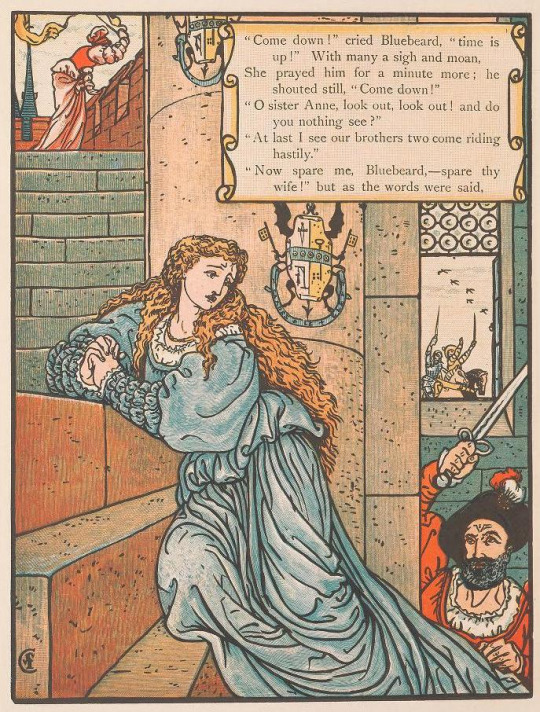
Blue Beard by Walter Crane
#blue beard#phantom of the opera#gaston leroux#le fantôme de l'opéra#french fairy tales#french folklore
92 notes
·
View notes
Photo

Blue Beard, the pantomime at the Crystal Palace, 1883
(via British Library Evanion collection)
24 notes
·
View notes
Text
"It was a dwarf with a blue beard tucked into a golden belt, and very bright eyes under his dark-green hood. As soon a the door was opened, he pushed inside, just as if he had been expected. He hung his hooded cloak on the nearest peg, and "Dwalin at your service!" he said with a low bow."
I read the hobbit from the perspective of a chicken breeder and cat owner and someone who is really into genetics. I understand the genomes of chickens, dogs, cats, ducks, geese, and other things as well, I understand some species better than others. But in all the species I mentioned, "blue" means a mutation where brown or black pigment is diluted to grey: (as an example, I have provided a rare picture of my cats Tiger and Sammy getting along.)
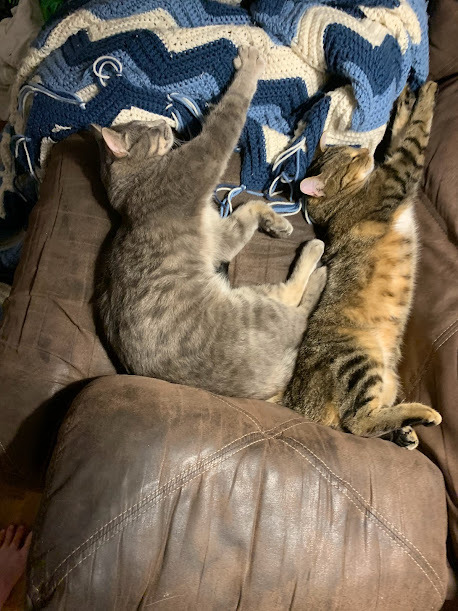
This mutation isn't present in humans but it makes me wonder if other races like dwarves have it? Elves can have silver hair. Once I made a character for a fantasy roleplay who was half dwarf and half elf and he had grey hair because of his dwarvish ancestry.
Which makes me wonder: does Dwalin have a grey dilution? Or is this just a weird way to say it turned grey with age? Considering Tolkien's affinity for the word grey, this seems unlikely but I eventually accepted it because it seemed more likely than the other options. Or is his hair naturally bright blue? Or does he dye it?
#or am I just overthinking the word choice in a children's book#the hobbit#dwalin#blue beard#tolkien
6 notes
·
View notes
Photo

Are you sure about that?
#selfship#selfinsert x canon#selfinsert#otps#treasure island#treasure island dr livesey#doctor livesey#sunshine medicine#treasure island blue beard#blue beard#treasure island billy bones' cat#billy bones' cat#the love nest#my art#treasure island 1988
21 notes
·
View notes
Text

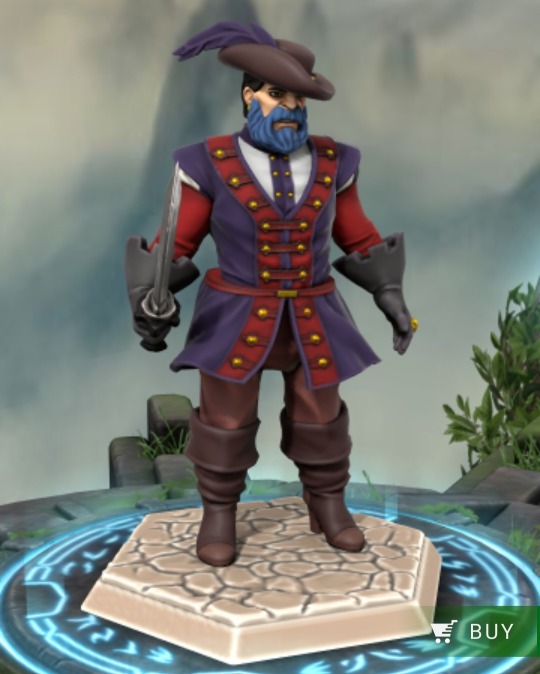
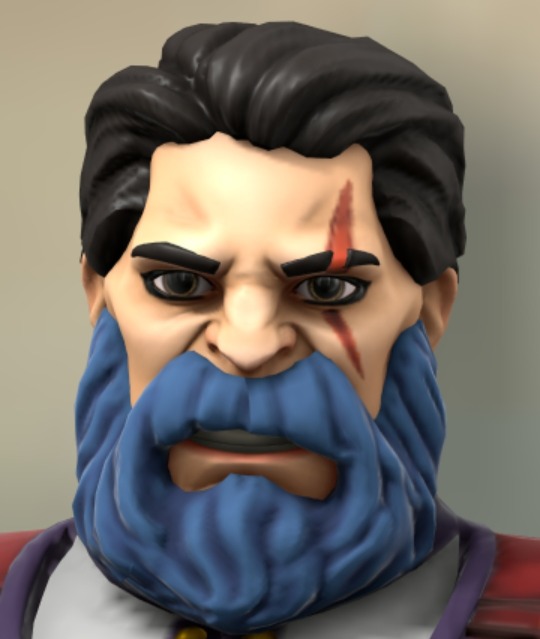

i really wanna see bluebeard in neverafter so here's my idea for how he could look
#neverafter#dimension 20#bluebeard#blue beard#fairy tales#folklore#charles perrault#heroforge#swift-tricker's posts
17 notes
·
View notes
Text
To explain a bit more the Bluebeard situation I talked about in my previous post:
Perrault always placed Moralities at the end of his fairytales (there was a strong influence of La Fontaine’s Fables, which Perrault adored, even if the two guys were on opposite sides of the Modern VS Ancient feud). And while some of his Moralities were “serious” and helped reconsider the fairytale in a different light (for example the Morality of “Little Red Riding Hood” makes explicit the sexual meaning of the tale and how the wolf is supposed to represent a predatory male seducer), others were very clearly parody of moralities, or rather little jokes added in the end (again, Perrault’s fairytales were supposed to be like dark comedies, horrific and funny at the same time).
And the best example is Bluebeard. I don’t think I need to tell you the story, you all know it by now. What’s the Morality for Bluebeard? Given the nature of the story it might be “Don’t just marry a guy because he is rich, ESPECIALLY IF HE HAS TON OF MISSING WIVES”. Or it might be “Maybe if a guy has a blue-beard it is because THERE’S SOMETHING WRONG WITH HIM, RUN GIRL GIRL”. Nope, the Morality basically condemns curiosity as a very bad thing, and as the typical, archetypal vice of all women, that they should work to fix. In the context of the story this is clearly meant as a joke-morality, since this whole “Curiosity must be punished” is the very logic used by the serial killer-antagonist of the story (who ends up defeated in a shameful situation while the curious protagonist gets rewarded). It is clearly a joke...
... and yet many people read it first degree and bought into the whole idea that somehow Perrault was a total misogynist who used his stories to teach women to be docile beings accepting everything and never questioning anyone. These people clearly didn’t pay attention to the story, or have very little knowledge of who Perrault was.
What is made even worse is that when you read the rest of the Morality, it becomes clear it is all a joke... Because the Morality basically goes “Well, we can see this is a story that happened a LONG TIME AGO. A Bluebeard case couldn’t have happened today. Why? Because nowadays it is the women that are in charge of everything, and that are the boss of the house, and who terrorize their husbands into submission, and so Bluebeards would have been faced with some dragons of a wife in modern days.” I mean... Perrault is literaly mocking the people that go “Oh darn, where are the good old days where the men were in charge of everything in the house, and when women just shut up and did as they were told? Oh sure, this Bluebeard fella might have been a killer..; BUT AT LEAST HE WORE THE PANTS IN THE RELATIONSHIP! At least he had the natural order of things in his house, and if we had more people like him to punish those rebellious women, the world would have been better today.”
This is literaly Perrault mocking this mindset by parroting them in his dubious morality. A morality that is need to be seen as dubious since Bluebeard is - I think I need to insist - expressedly depicted as a ugly, terrifying, hard-hearted, brutal and savage serial killer that is ultimately a whimp easily defeated by actually brave and noble men. And I can’t stress enough how Perrault stood on the side of the “Moderns”, and was a fervent enemy of the “Ancients” and their glorification of the “ancient ways”...
I know that, when I read the brief Perrault section Jack Zipes had placed in his book about fairytales, this was my main problem: he painted a very dark portrait of Perrault as a sort of brainwasher of women precisely because he read the stories first-degree and completely missed the jokes spread everywhere and how Perrault’s stories are fundamentaly ironic (I mean come on... in a society of absolutism where the king is everything and nobility a sacred thing, he wrote “Puss in Boots” that heralds as heroes a stupid miller son and a cunning cat who basically steal all the belongings of an ogre-lord and then fool a drunkard of a king, faking a nobility title till they make it... That’s definitively not supposed to be a first-degree story). Apparently Jack Zipes is excellent when he deals with other topics - the Brothers Grimm for example, or comparative fairytales as a whole - but he is part of those people that completely misread the whole “French fairytales” part of fairytale history.
#fairytales#fairytale#charles perrault#perrault fairytales#bluebeard#irony#jokes#fairy tales#blue beard
96 notes
·
View notes
Text

"Blue Beard", Ryu Eun Hye, Digital, 2018
3 notes
·
View notes
Text
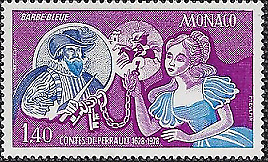
Monaco 1978 Stamp of Charles Perrault's Bluebeard
36 notes
·
View notes